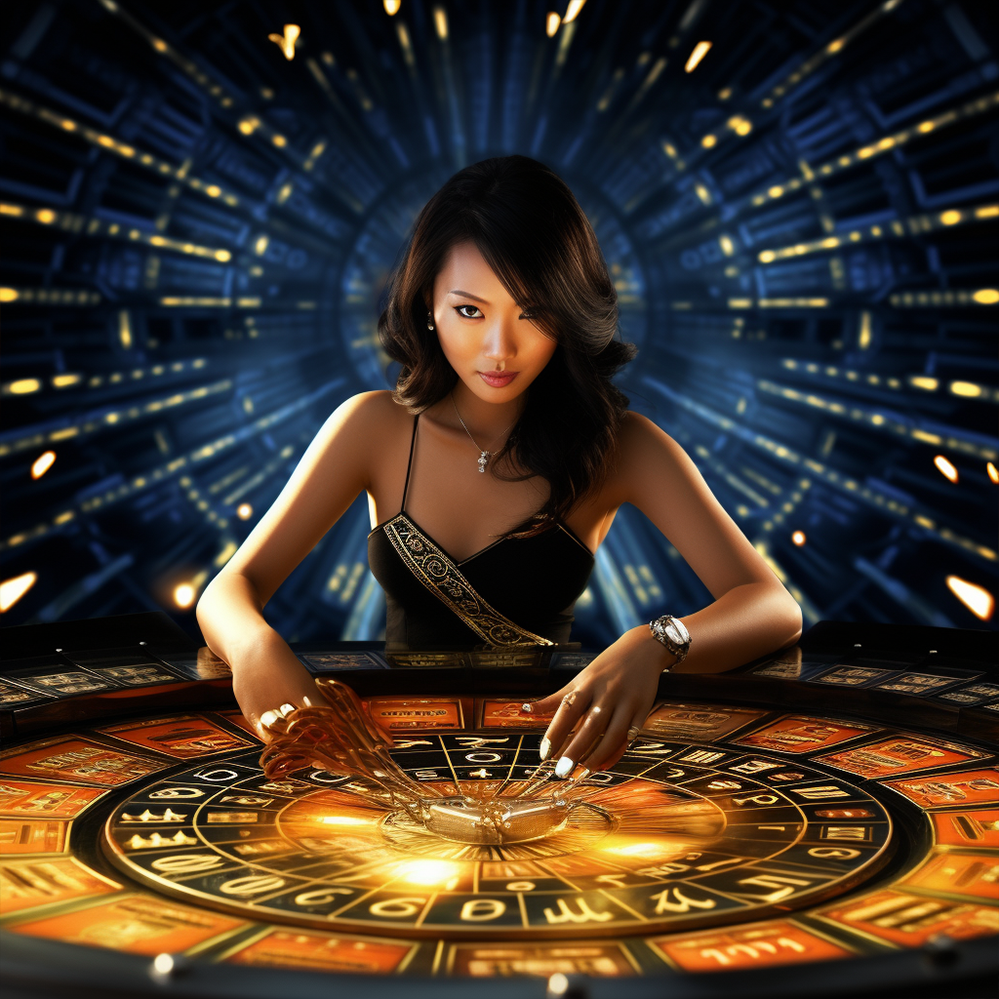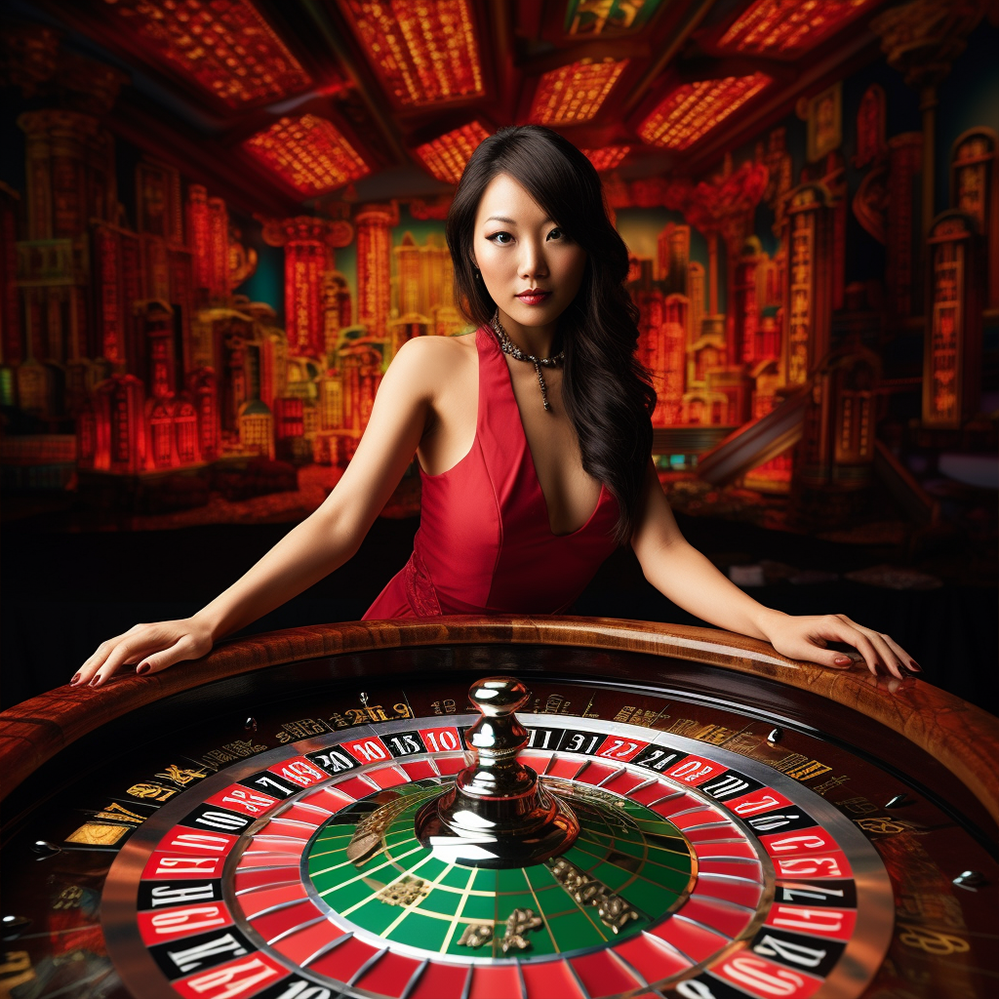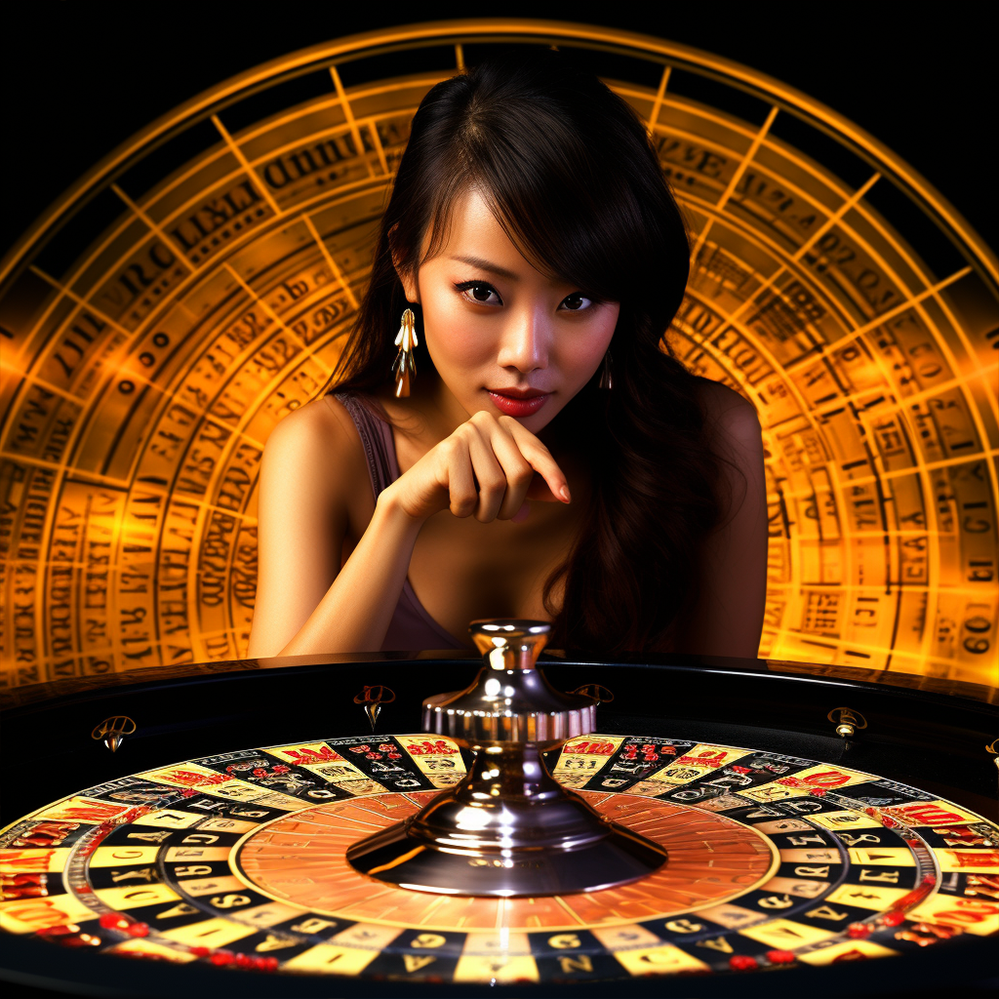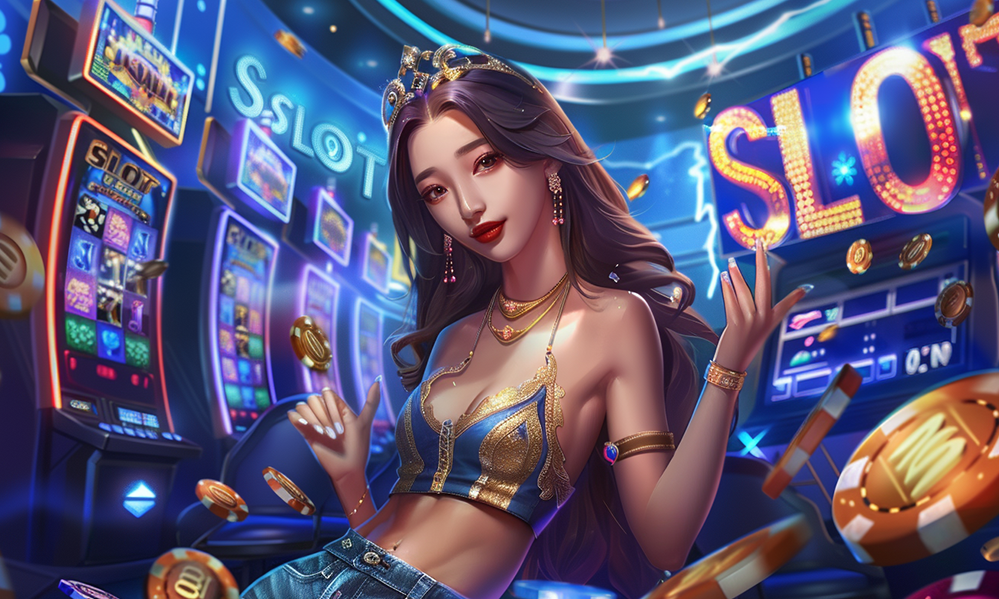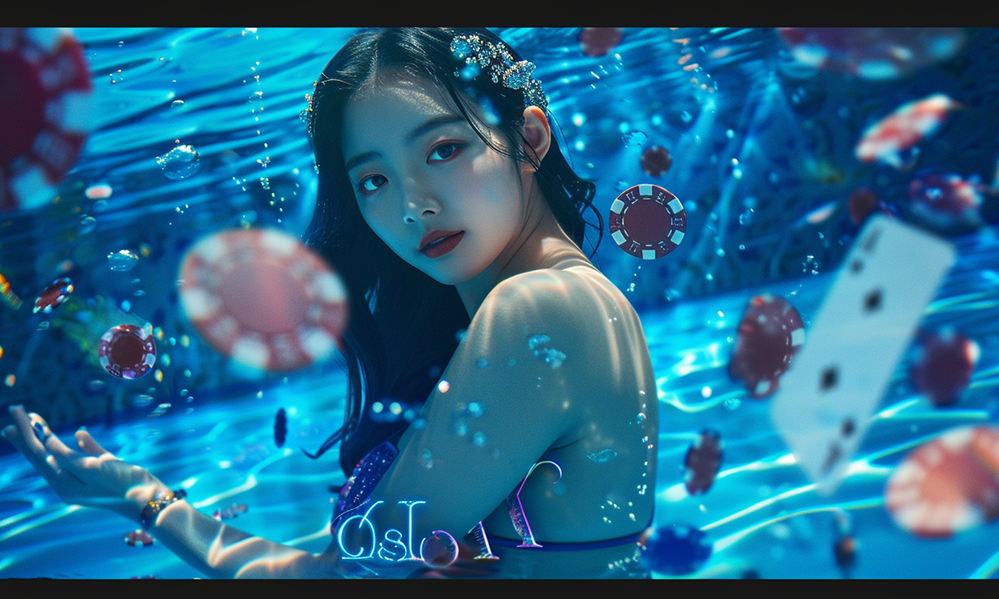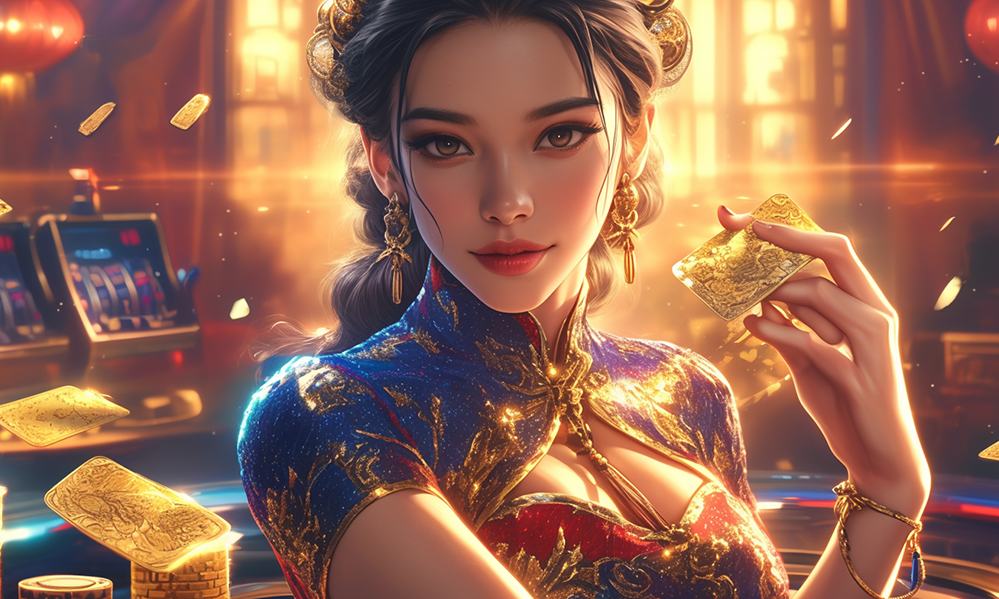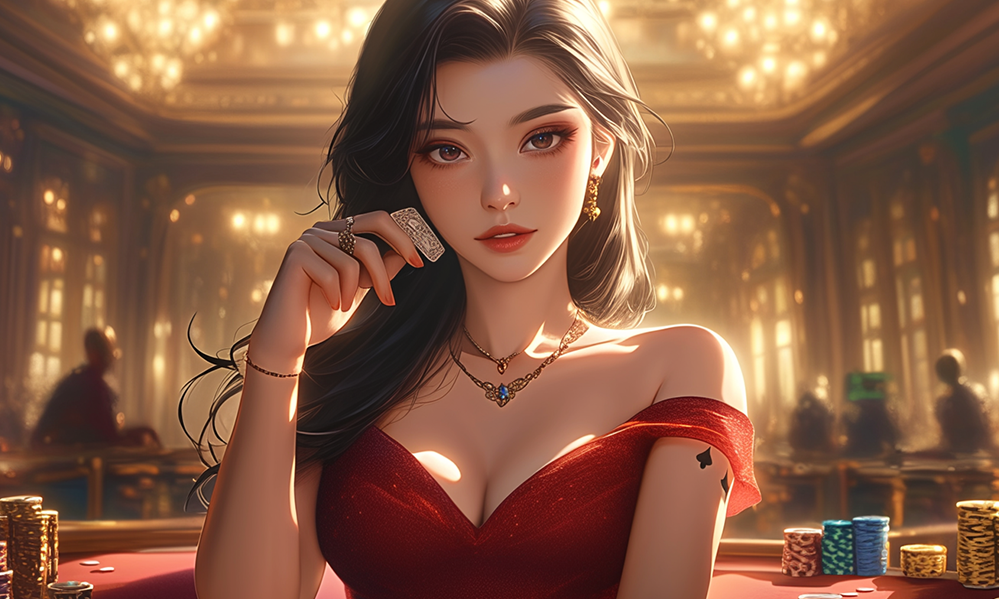
When we hear the word “Royal,” a cascade of imagery fills our minds—grand palaces, crowns encrusted with jewels, and the serene yet formidable presence of a king or queen. This term, however, extends far beyond its immediate association with the British monarchy or aristocracy. Its meaning, deeply rooted in history and culture, carries connotations of power, authority, and timeless grace.
According to the Oxford English Dictionary (OED), “Royal” is defined as “relating to a king, queen, or other sovereign.” The word itself hails from the Old French “reial,” and ultimately from the Latin “regalis,” which traces back to “rex” meaning “king.” This origin, imbued with the legacy of empires long past, instantly connects the modern usage of the word with notions of governance, rule, and sovereignty. However, as we will explore, the word “Royal” encompasses much more than mere reference to monarchy—it embodies an entire cultural legacy that influences our modern world.
A Historical Context for Royal Significance
The word “Royal” first entered the English lexicon during the Norman Conquest of 1066, when William the Conqueror introduced Norman French to England. Over time, the term found firm footing in the English language, serving as a descriptor for anything associated with the monarchy or the grandeur associated with it. In medieval times, being "Royal" did not just signify lineage but also inferred divine right. Kings and queens were often believed to rule by the will of God, and thus the word "Royal" carried a near-sacred weight.
Throughout the centuries, the association with power and divinity remained intact, though the specific applications of the term shifted. The Tudor and Stuart dynasties, for instance, imbued the concept of royalty with a sense of national pride, dignity, and order. Under Queen Elizabeth I’s reign, the image of royalty became linked not just to political power but to cultural and intellectual prowess, a period known as the English Renaissance. Thus, the word “Royal” also began to take on associations with art, theater, and scholarly pursuits, which were often funded and supported by the crown.
Yet, the word “Royal” was not confined to those within the palace walls. The British Empire, Nguồn cung hàng hóa phục vụ Tết Ất Tỵ dồi dào during its expansion in the 18th and 19th centuries, Royal person meaning disseminated the concept of royalty across the globe. The idea of something being “Royal” gained symbolic currency in far-flung colonies,Exploring the World of Jili Games_ Play Jili Games Demo Free for an Unmatched Gaming Experience where emblems such as royal coats of arms, Discovering the Luxurious World of First-Class Spaces_ Unveiling Comfort and Elegance seals, Exploring Slots Empire Walang Deposito Na Bonus_ A Guide to Risk-Free Gaming Thrills and the naming of royal institutions reinforced the idea of a universal British supremacy.
Even in postcolonial times, many nations that gained independence from the British crown still maintained ties to this concept of royalty, whether symbolically or through a continued allegiance to the Commonwealth. The use of “Royal” has, in many ways, outlived the institutions that once bore it. From Australia’s Royal Flying Doctor Service to Canada’s Royal Canadian Mounted Police, the enduring presence of “Royal” in modern institutions speaks to a legacy that extends beyond borders and into the realm of public service and national identity.
The Expansive Reach of Royal Across Language and Culture
While the word “Royal” has undeniable historical roots in monarchy and governance, its broader cultural resonance cannot be overstated. Language, as a reflection of society, has allowed the term to evolve far beyond its original connotations. Today, “Royal” can be used as a metaphor, a symbol of something that embodies the qualities of grandeur, excellence, and exclusivity. This is evident in its application across a variety of contexts, from branding in consumer goods like "Royal Crown Cola" to the title of prestigious events, such as "The Royal Ballet."
The allure of “Royal” lies in its ability to confer a sense of prestige on virtually anything it touches. It conjures an image of refinement and superiority, elevating objects, institutions, and even experiences to a higher plane. This linguistic evolution reflects society’s continued fascination with the concept of royalty—an institution that, though perhaps less politically powerful today, still holds cultural sway.
The word “Royal” continues to carry weight and significance in modern English usage, even in societies that are ostensibly more democratic and less hierarchical than the monarchies of the past. One reason for this is that the term has taken on new meanings in contemporary contexts, where it is often used to describe things that are rare, exceptional, or of the highest quality. Its versatility in language, art, and culture speaks to its deep entrenchment in our collective consciousness.
777PNL login RegisterplayphsabongRoyal as a Modern Cultural Symbol
In the modern era, the term “Royal” has come to symbolize more than just monarchical power. Today, “Royal” is often used to signify something that is both exceptional and rare. For example, in contemporary fashion, being described as "royal" implies that the clothing is not just stylish, but elegant and exclusive—fit for a king or queen. Fashion designers frequently look to royal styles for inspiration, creating pieces that echo the grandeur of bygone eras while appealing to modern tastes.
Furthermore, in the entertainment industry, the portrayal of royalty in films, television shows, and novels continues to fascinate the public. Shows like "The Crown" and movies such as "The King’s Speech" explore the inner lives of monarchs, showing them as both powerful figures and vulnerable human beings. The word “Royal” in these contexts functions as a narrative device that allows audiences to peek behind the curtain of power, imbuing the idea of monarchy with both allure and a humanizing touch.
Beyond entertainment, “Royal” is used frequently in the world of luxury branding. Products described as “Royal” are positioned to suggest high quality, exclusivity, and often a connection to tradition. This is evident in industries ranging from luxury cars (e.g., Rolls-Royce’s “Royal Phantom” model) to fine dining (e.g., Royal Pâtisserie or Royal Delicacies). The application of the word is a marketing strategy that taps into the deep-seated human desire for recognition, status, and the exceptional.
The Linguistic Endurance of the Royal Metaphor
The endurance of “Royal” as a concept in language and culture is due in part to its metaphorical richness. Beyond its literal meaning, the term has developed metaphorical dimensions that give it additional layers of meaning. When something is described as “Royal,” it implies not only superiority but also responsibility, dignity, and an association with something timeless and revered. Even in our modern era, where monarchy no longer holds the sway it once did in politics, the term retains a cultural and emotional potency.
For instance, being called “a royal pain” in informal speech still carries a connotation of something large, difficult, or particularly imposing—echoes of the grandness that the term historically implies. Similarly, a “royal welcome” suggests an extravagantly warm and generous reception, one befitting of a dignitary. These everyday uses of the word demonstrate that its resonance transcends its original context, entering the realm of metaphor where it continues to shape how we communicate and think about excellence, grandeur, and power.
Ultimately, the power of the word “Royal” in modern English lies in its ability to evoke images of grandeur, importance, and legacy. Whether used to describe an institution, a product, or even an abstract quality, “Royal” continues to maintain a hold over the imagination, suggesting a connection to something larger than ourselves. Its journey through history—from Latin to Old French to modern English—mirrors the evolution of society itself, where the term has shifted from a literal representation of power to a symbolic gesture of excellence and prestige.
In conclusion, the word “Royal,” as defined by the Oxford English Dictionary and understood in modern contexts, represents much more than a connection to monarchy. It is a word that carries with it a cultural legacy of grandeur and sophistication that extends into every facet of modern life. Its enduring presence in language, culture, and branding is a testament to its power, offering us a glimpse into both the past and our enduring fascination with the notion of royalty.
YY777 appwww.4thekidstoystore.com


